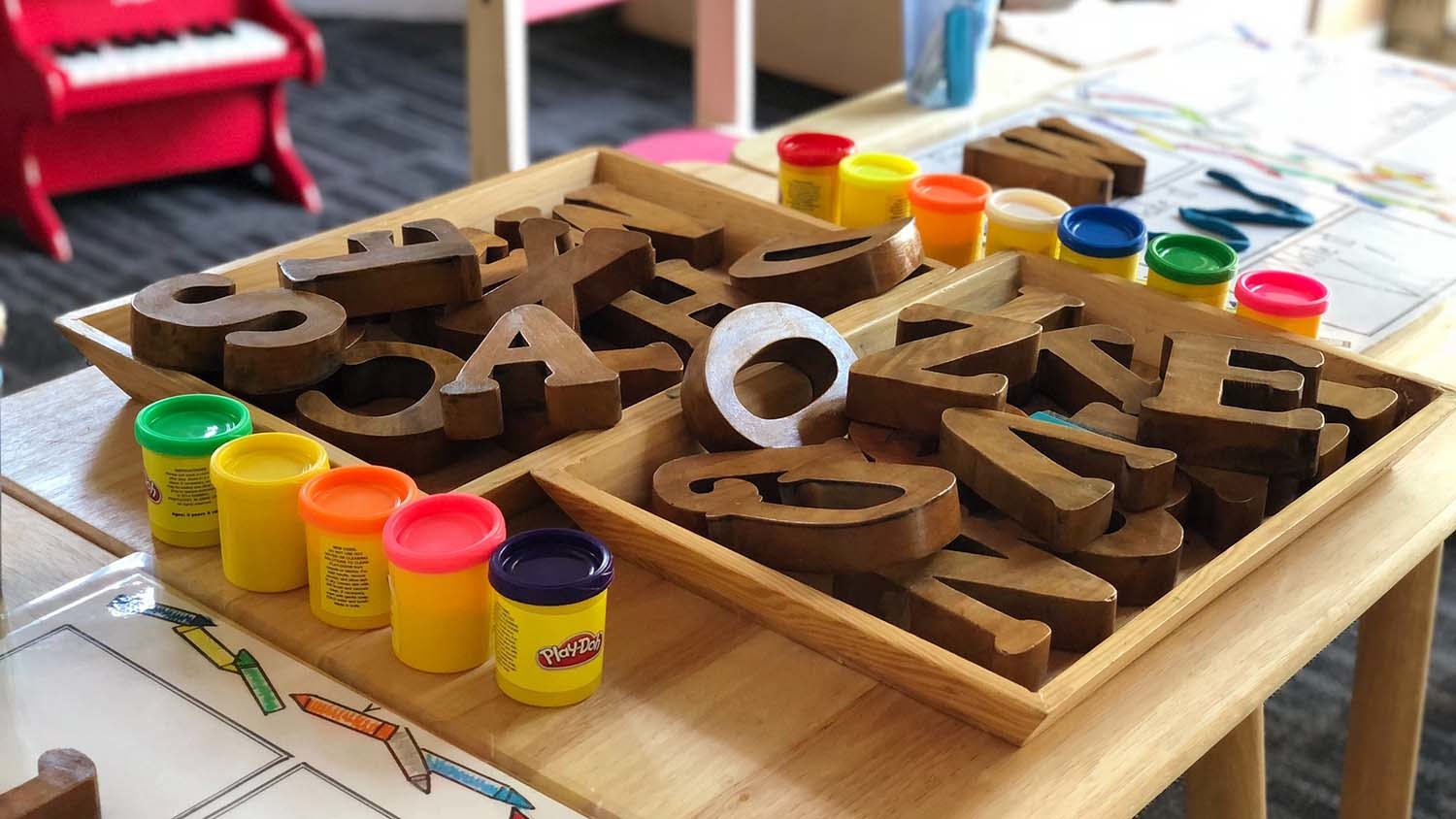Study Suggests Teacher-Student Bonds May Be Especially Important for Homeless Kids

For Immediate Release
A recent study of homeless preschoolers found a strong correlation between the bonds those children formed with teachers and the children’s risk of behavioral and emotional problems.
“It’s well established that children who are homeless are at higher risk of a wide variety of negative outcomes,” says Mary Haskett, corresponding author of the study and a professor of psychology at North Carolina State University. “However, there’s a lot of variability within this group. We wanted to learn more about what makes some of these children more resilient than others.”
For their study, researchers drew on survey and interview data from parents and teachers about 314 children participating in the Head Start preschool program.
The researchers found that 70% of the children were well adjusted and exhibited healthy behaviors, such as playing well with other kids. The remaining 30% struggled with behavioral and emotional challenges to varying degrees.
The study found that a high-quality child-teacher relationship was the variable that best predicted whether a child was in the healthy, low-risk group.
“The emotional bond or connection between teacher and child, and the lack of conflict in that relationship, was closely associated with the child being resilient,” Haskett says. “This was an observational study, so we cannot say that the teacher-child relationship causes the resilience. But there is ample evidence that these relationships are important for all students, and this work suggests that it may be particularly important for housing insecure children.”
“This finding has practical implications in the real world,” says Kate Norwalk, co-author of the study and an assistant professor of psychology at NC State. “It highlights the importance of giving teachers – particularly teachers working with at-risk kids – the support they need in order to allow them to form these warm bonds with children.”
“We would also love to do more work to determine if this is a causal relationship, meaning that the teacher-child relationship is what contributes to emotional resilience,” Haskett says. “If so, more research could also help us determine how effective different interventions are at establishing and strengthening that bond.”
The study, “Exploring Variability in Social and Behavioral Adjustment Among Children in Head Start Experiencing Homelessness,” appears in the Journal of Education for Students Placed at Risk. The study was co-authored by Sarah Neal, a former Ph.D. student at NC State.
-shipman-
Note to Editors: The study abstract follows.
“Exploring Variability in Social and Behavioral Adjustment Among Children in Head Start Experiencing Homelessness”
Authors: Mary E. Haskett, Sarah C. Neal and Kate E. Norwalk, North Carolina State University
Published: Jan. 7, Journal of Education for Students Placed at Risk
DOI: 10.1080/10824669.2020.1869554
Abstract: A large body of literature demonstrates that children who experience unstable housing and homelessness are at risk for developmental delays and social–emotional challenges. However, there is also evidence of variability in the functioning of these children. Our primary aims were to identify unique profiles among preschool-aged children who were unstably housed and determine whether family-level and classroom-level factors predicted children’s profiles. Participants, drawn from the national Head Start CARES study, were 314 4-year-old children in one of 107 Head Start centers. Teachers’ reports of children’s behavior and social skills were entered into a latent profile analysis that revealed a four-profile structure with four subgroups of unstably housed children that were distinct in their functioning. Potential predictors of profiles included parent self-reports of their own psychological distress and education, teacher reports of the quality of relationships with the children, and observed teacher emotional support of students. Multinomial regression analyses revealed that the quality of the student–teacher relationship was a significant predictor of children’s profile membership. We provide practice and policy implications, study limitations, and suggestions for future investigations.
This post was originally published in NC State News.
- Categories:


